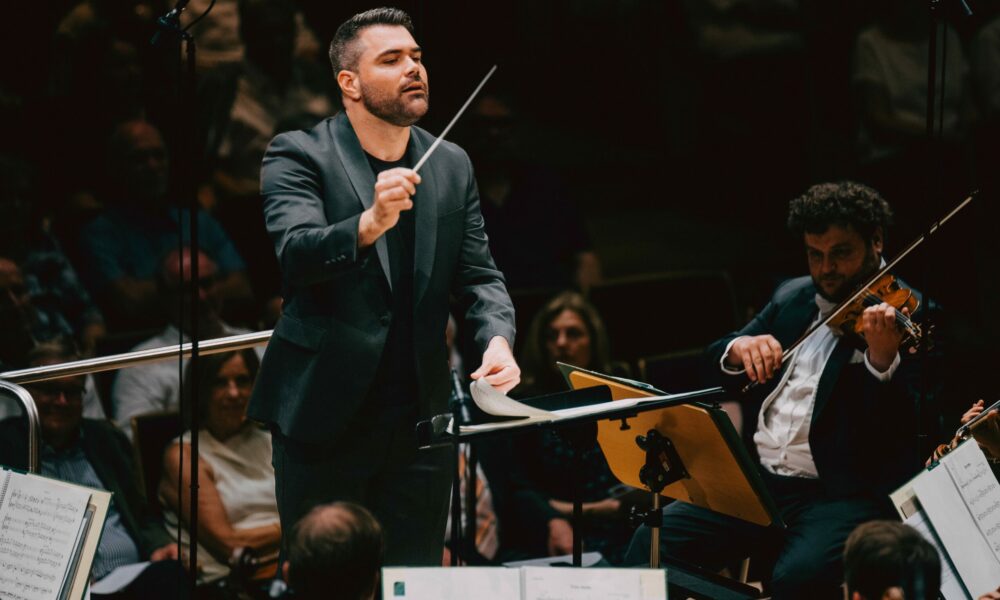

Today we’d like to introduce you to Kevin Fitzgerald.
Hi Kevin, thanks for joining us today. We’d love for you to start by introducing yourself.
One of the first questions folks usually ask me is how I got started in music. It’s a funny story because it happened entirely by accident. When I was a terribly unathletic eleven-year-old sixth grader, I was looking for any excuse not to endure an entire year of gym class. During class registration, I discovered that if I signed up for band class, I could be exempt from the gym because the classes met during the same period. I was so relieved! I joined the band as a trumpet player and had a fantastic teacher, Mrs. Evans, who was encouraging. I practiced just enough to quickly notice I had some music talent and quickly became obsessed! I started taking private lessons, and by the time I was in the ninth grade, I had decided to pursue a music career. At first, I wanted to be a public school music teacher, but as I became more advanced as a trumpet player and learned more about orchestral music, I quickly set my sights on a performing career.
A real turning point during those early years centered around transferring to Interlochen Arts Academy for my last two years of high school. If you need to become more familiar with it, Interlochen is a world-renowned arts summer camp with a year-round boarding school. I didn’t come from money, so I was lucky to receive a large enough scholarship to make it possible. My parents always supported me throughout my journey. They did everything they could for me despite our modest financial situation. I know now that they refinanced their home to get the extra money to send me to Interlochen. I owe them everything.
Brighton, MI, my hometown, is not exactly a cosmopolitan city. It was a fairly conservative, predominantly white community that had experienced a massive surge in population growth between the 1980s and when I began high school. Interlochen opened my eyes to so much. My classmates came from around the world and from many walks of life. The amount of talent at the school was also a huge revelation. I went from being the big fish in a small pond to a minnow in the ocean. Although initially intimidated, I kept my head down and worked extremely hard to become the best player I could be. I knew I had to get an entire ride (or close) to college, so I set my sights on that goal.
The next six years were the most intense of my life. I earned two degrees, one from the Eastman School of Music in Rochester, NY, and a graduate degree in conducting from the University of Michigan in Ann Arbor, MI. I was lucky to be able to live at home during graduate school. It helped me save money and also helped care for my father, who was very sick at the time. I worked several non-music jobs to support myself through both degrees – it was tough!
After graduate school, I focused on gaining professional experience as a conductor while also working to support myself. Like many careers, conducting requires experience before winning an entry-level job as an Assistant Conductor, so I needed to plan my projects and think entrepreneurially. Eventually, three years after finishing school, I landed my first full-time conducting position as Assistant Conductor of the Alabama Symphony. I moved to Birmingham and spent four seasons in the role. It was in Birmingham that I met my now husband, Kurt Tseng. He was a new viola section member, and we met just weeks after moving to town. He is currently Associate Principal Viola of the North Carolina Symphony, and we are based in Raleigh, NC.
In 2022, I won the position of Associate Conductor of the Jacksonville Symphony. Being part of this incredible organization has been a tremendous honor. The entire organization and community support me. Last season, I conducted almost forty performances, and this season should be no different. On December 1st and 2nd, I am making my Classical Series debut; it’s a huge honor, and I am so excited.
Alright, let’s dig a little deeper into the story – has it been an easy path overall, and if not, what challenges have you had to overcome?
I touched on this along the way, but finances have always been a struggle, especially during my early years in school. Becoming a professional classical musician is 100% a “rich kid’s game.” If you come from money and your parents can support you while you prepare to win a job, you can leverage a singular focus. That focus leads to better results in auditions and just general artistic development. Something I don’t talk about often is that right around the time I transferred to Interlochen, my father suffered three strokes and a brain aneurysm all in the same day. He was never the same after that, and he was lucky to be alive. He couldn’t work after that day, and my family eventually fell into complete financial ruin. My dad lost his business, and we lost our house and cars and finally filed for bankruptcy—the whole nine yards.
Meanwhile, I am fervently pursuing this extremely competitive career, which doesn’t guarantee any return on investment. To say I was under a lot of pressure is an understatement. My family always encouraged me, so I kept finding a way to make it happen, no matter how bleak. Becoming a conductor is a “hurry up and wait” journey. You must study hard to develop your skills and knowledge, but before conducting regularly, you wait a long time between conducting opportunities. So, what are you doing during the waiting periods? If you have nothing on your calendar except to develop as an artist, that’s pretty luxurious. But, if you have to do that plus support yourself, things become more complex. Energy and time are the most precious resources anyone has, and I had to learn how to manage both of those. Without it, I would not be where I am today.
Thanks for sharing that. So, you could tell us more about your work.
My role at the Jacksonville Symphony couldn’t have come at a perfect time in my development because I am offered many conducting weeks during the season and on various repertoire and musical genres. In the 2022-23 Season, I conducted my *first* ballet, opera, pop concerts, and live-to-picture film score concerts (that’s when the film plays in the concert hall and the orchestra plays the score live with the film.) It was a season of tremendous growth. This growth led to me being invited to compete in the 2023 Mahler Competition. This is the, if not one of, the top conducting competitions in the world. It happens every three years, so consider it the Olympics for conductors. If you know the famous conductor Gustavo Dudamel, he came to international fame when he won this competition.
Out of over 350 applicants globally, I was among twenty invited to compete in Bamberg, Germany. I made it to the top nine and was the last American conductor in the competition. Despite not making it to the finals, I still was one of the four prize winners. I was awarded the “Special Prize for the Best Performance of the Contemporary Piece.” The Mahler Foundation sponsored this new prize and came with the opportunity to give the world premiere of a new work written just for the competition. You can see the video of that performance here: https://vimeo.com/848430536?share=copy.
I have always been focused on contemporary music. In the classical music world, the term “contemporary” is a bit complicated because it often refers to music from the last hundred years or so, which isn’t all that contemporary in terms of historical dates. However, it might be better to refer to this category as “modern music” or music trying to rebel against the status quo somehow. Winning this prize was the perfect recognition because I want to continue to work with composers, premiere new works, and conduct more new music than old music. I’m passionate about modernizing the musical world instead of treating the concert hall like a museum.
Is there a quality that you most attribute to your success?
Tenacity and resourcefulness. From the beginning, I had been warned that life in classical music would be tough, with lots of rejection, etc. It’s all true. You have to want it badly enough. You have to do what it takes to make it happen. There have been major instances of luck or good fortune that I cannot explain other than the old age “fortune favors the bold.” I always took risks, took the initiative, and started my projects; that energy attracts specific results. You have to learn to advocate for yourself. It’s always been skin or swim since I was 16. I had no safety net to fall back on. I had to find a way, step by step, to keep on this path. You have to trust yourself and believe you will reach your goal one way or another.
Contact Info:
- Website: https://www.kevinfitzgeraldconductor.com/
- Instagram: @conductorkfitz
- Facebook: https://www.facebook.com/profile.php?id=100095595069002
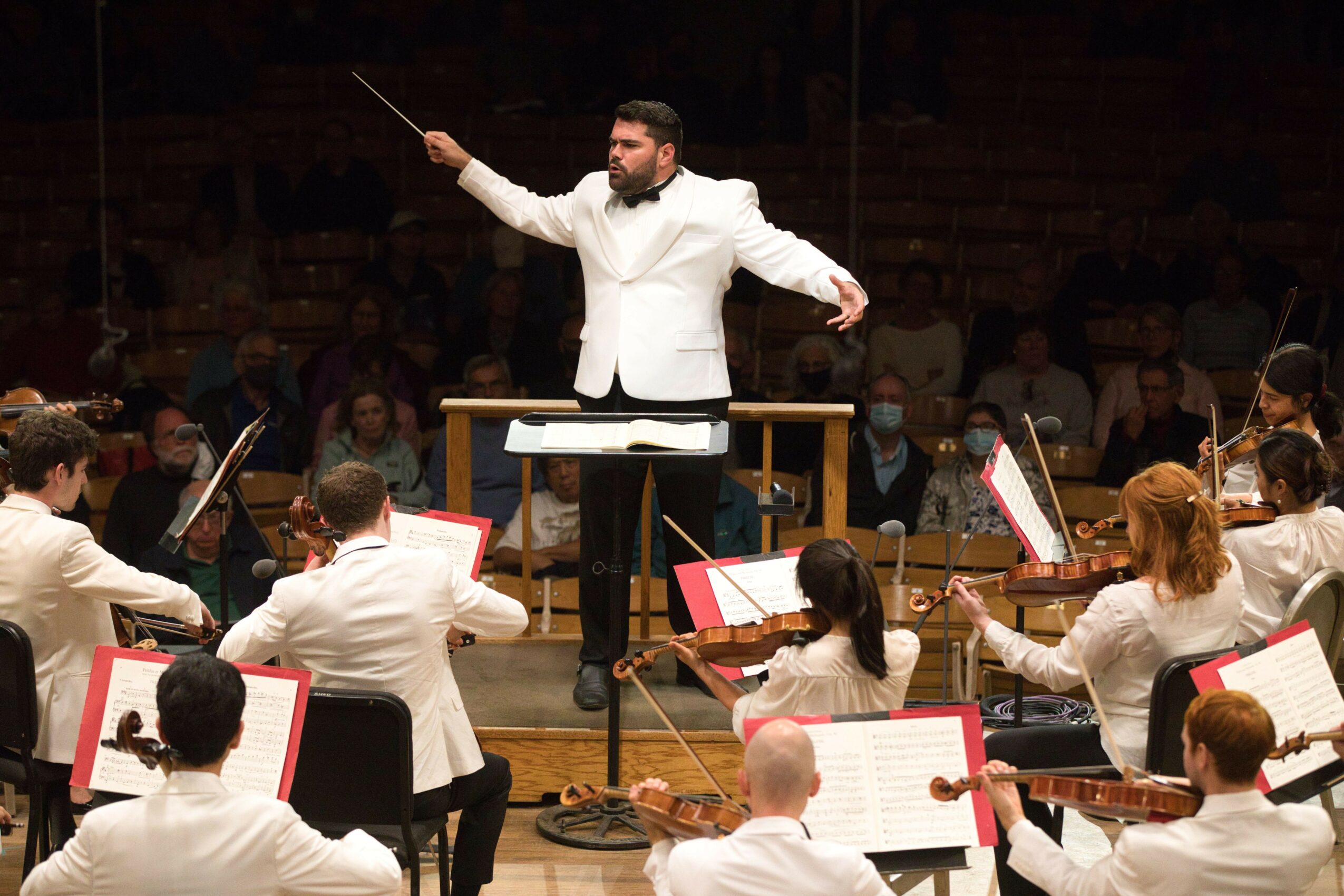
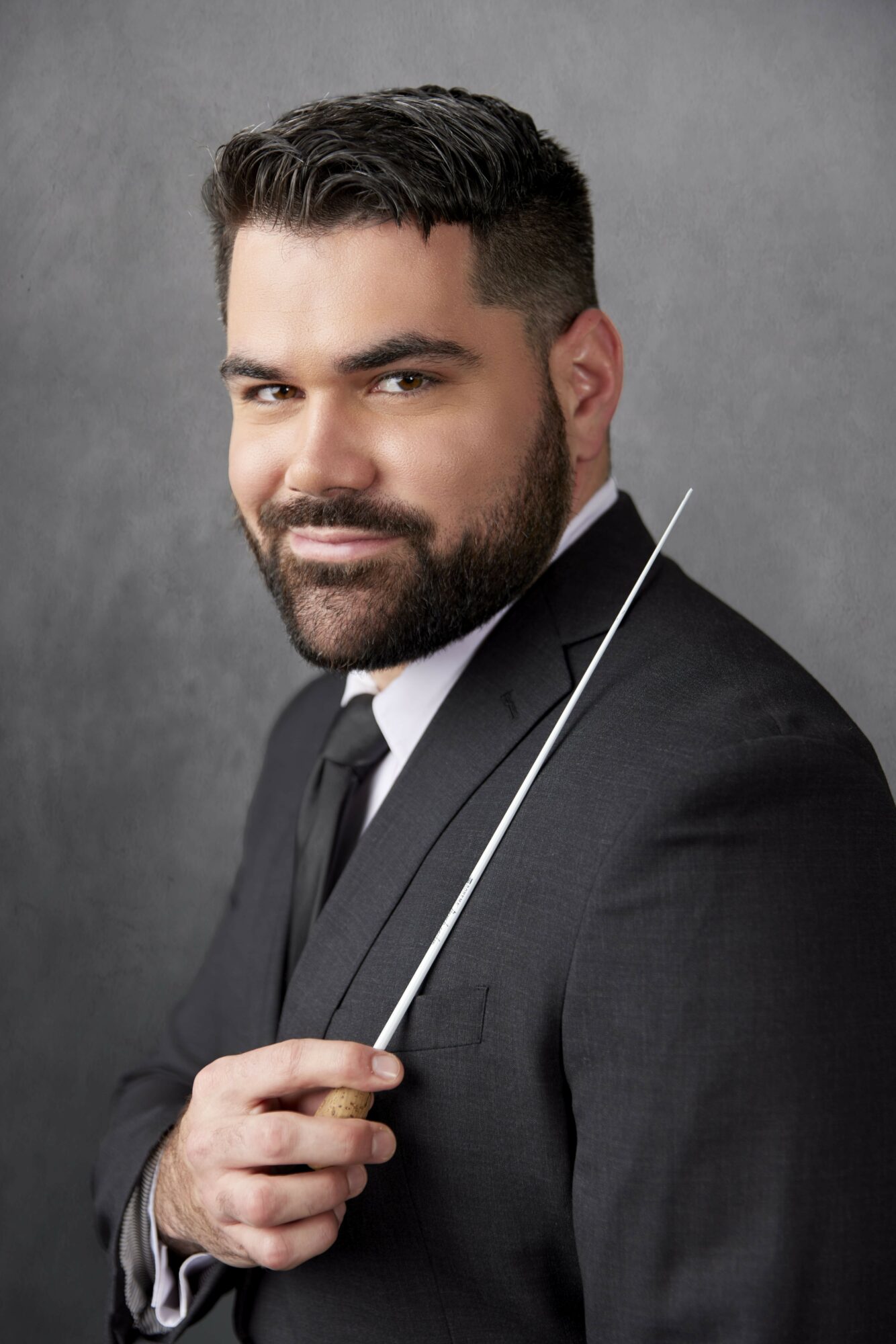
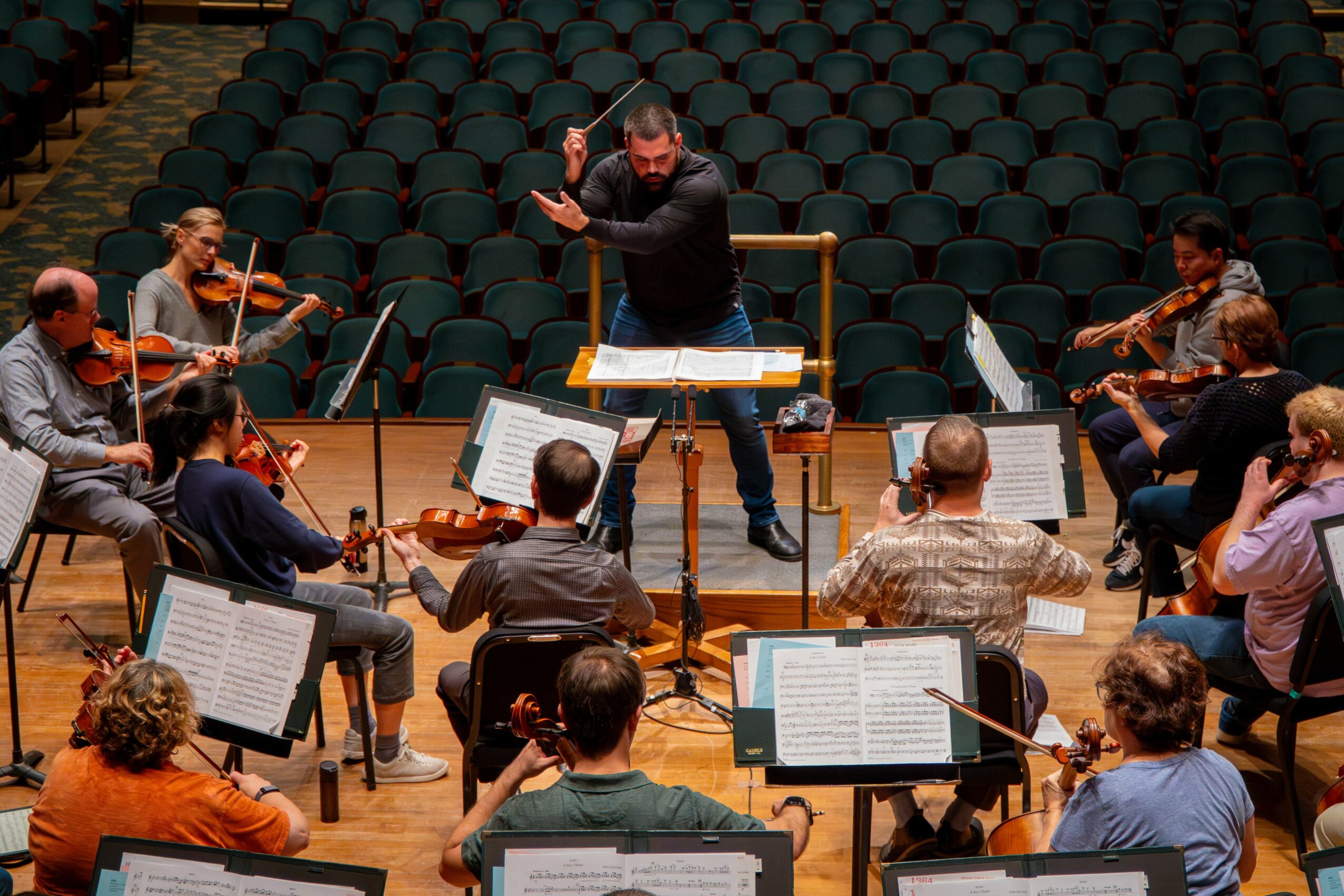

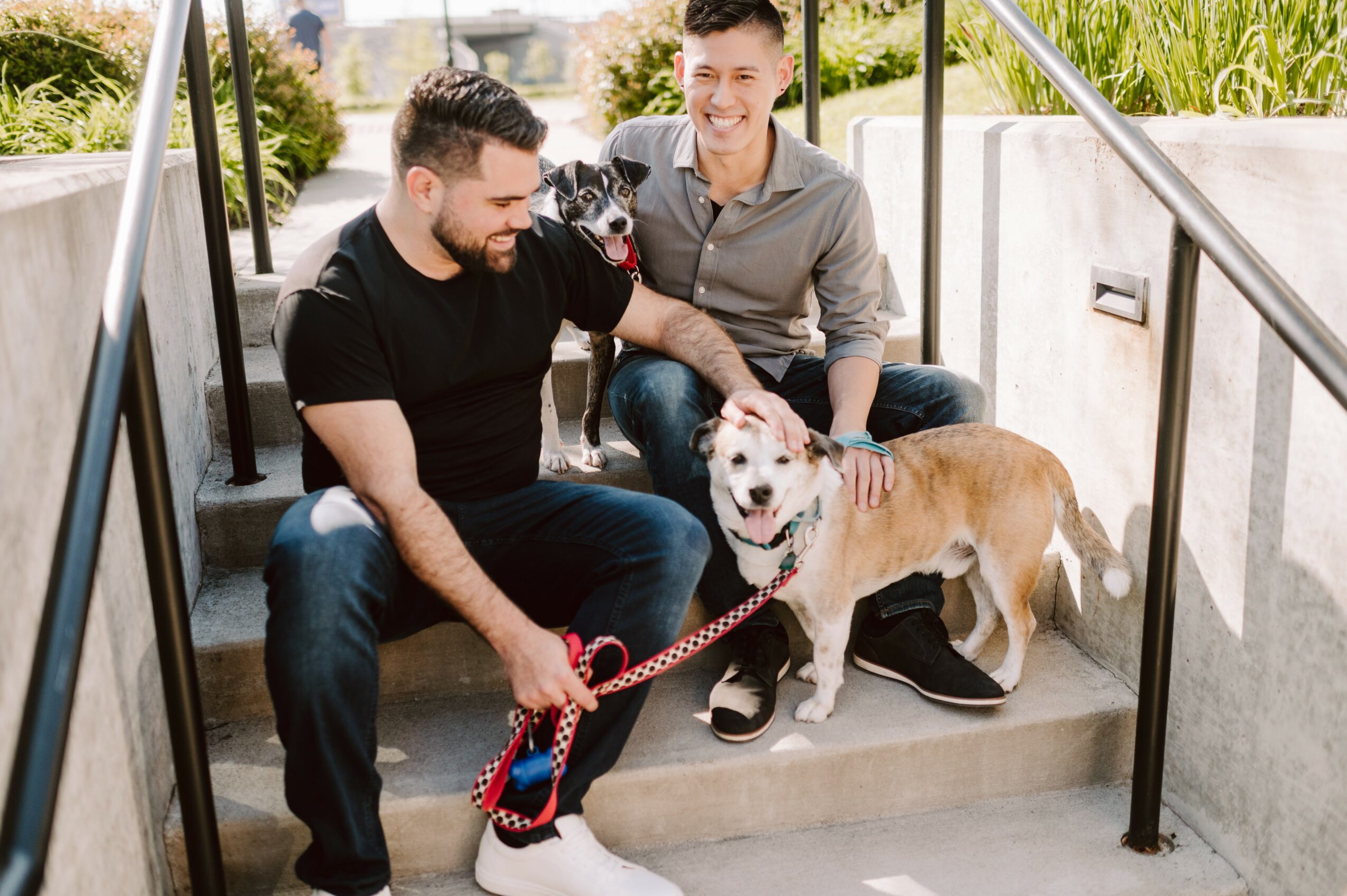
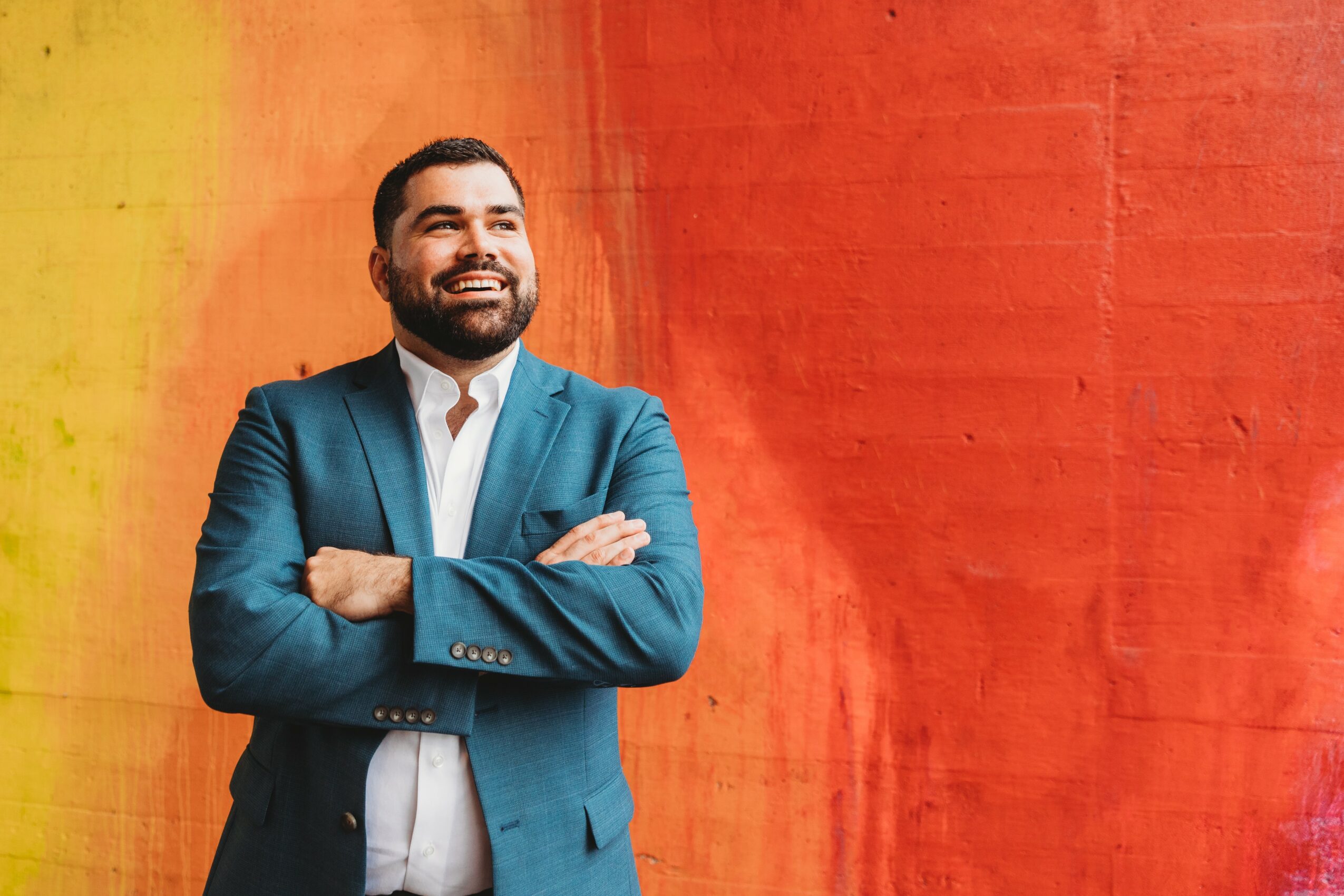
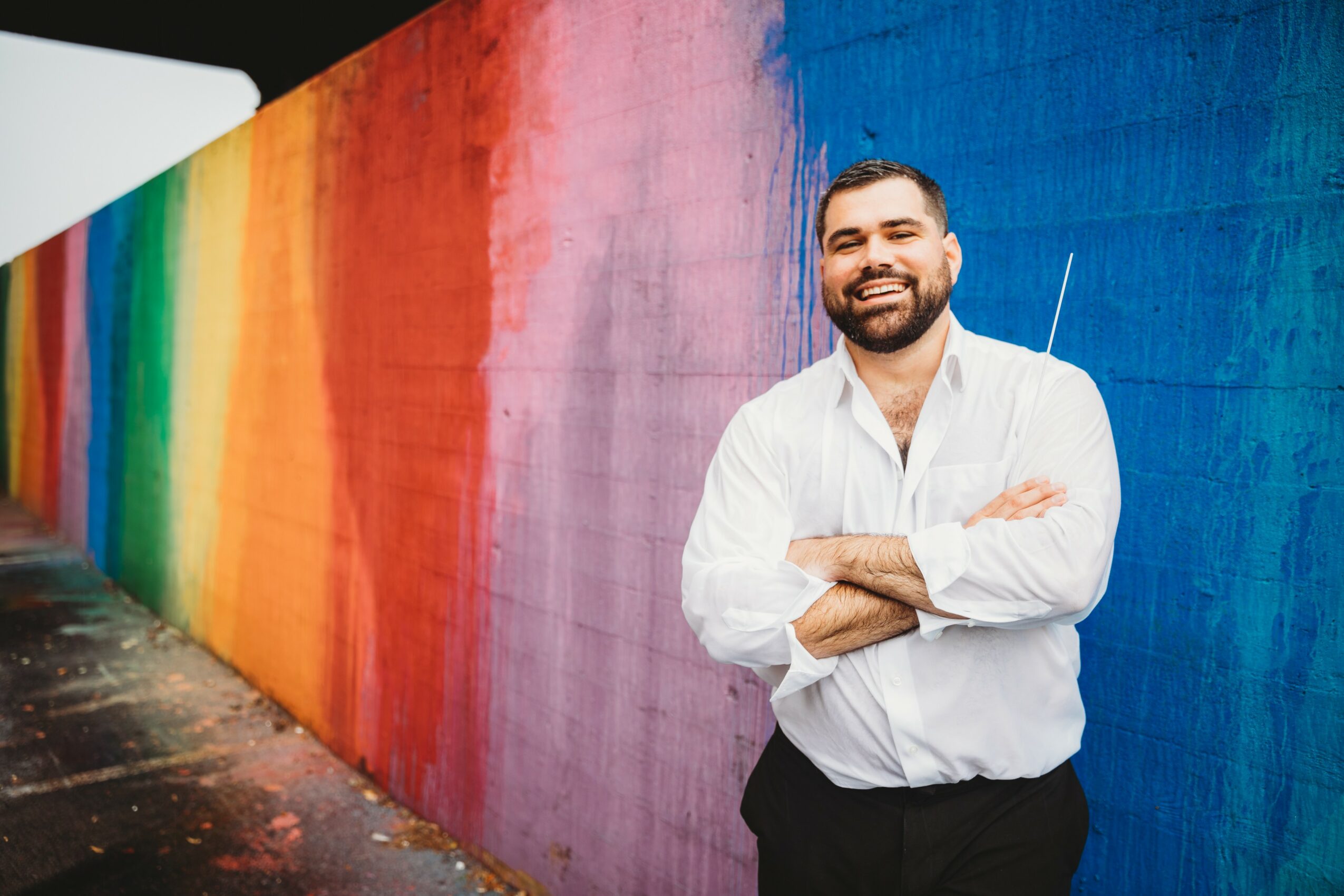
Image Credits
Marian Lenhard, Mary Fehr, Sarah Bill, Chad Dennis











